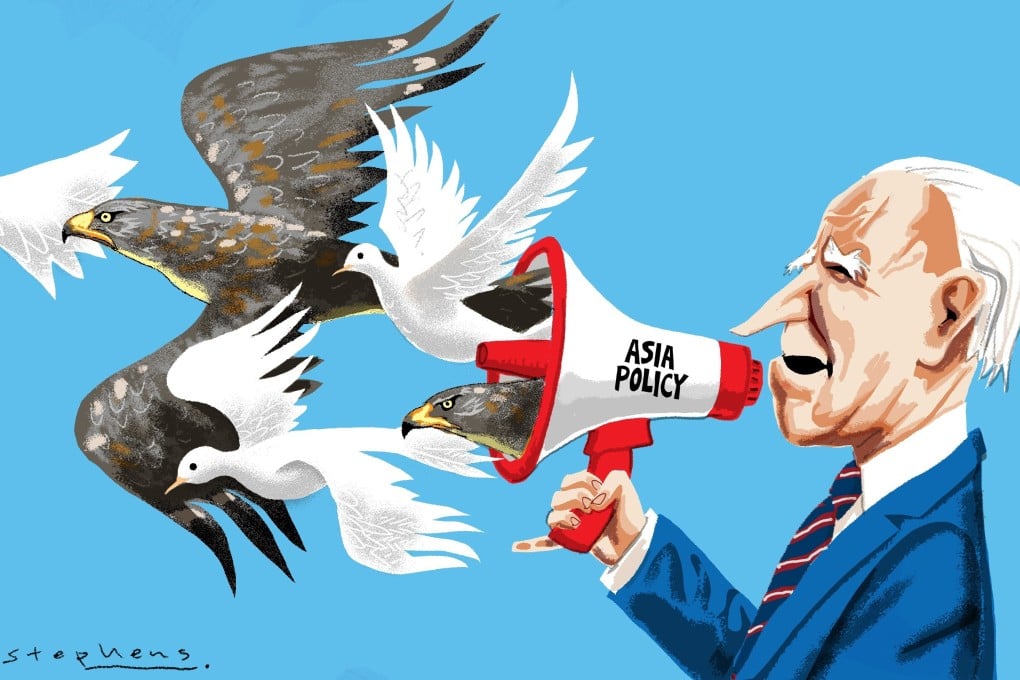Opinion | Biden’s Asia policy will be controversial – and that’s a good thing
- On economic interdependence, China, Taiwan and North Korea, there is no way to avoid controversy while serving US interests
- But the inability to please everyone also frees Biden from the straitjacket of historical expectations

Given the many and existential challenges to democracy that US President Joe Biden faces at home, it could be months, even years, before we see the contours of a strategy for Asia emerge from the administration. Yet, no matter how long it takes, America’s Asia policy cannot escape a basic truth – on the issues of gravest consequence in the region, there is no pleasing everyone.
Washington politicians have mostly abandoned the old economic consensus favouring unfettered deregulation and trade liberalisation. Biden has a business-friendly track record and his campaign attracted a lot of corporate donors, but key constituencies in the Democratic Party, as well as self-styled “populist” parts of the Republican Party, are now hostile to free trade for its disproportionate enrichment of corporations versus harm to American workers.

04:33
As Biden enters White House, world leaders express ‘relief’ and welcome ‘friend’ and ‘mate’ back
